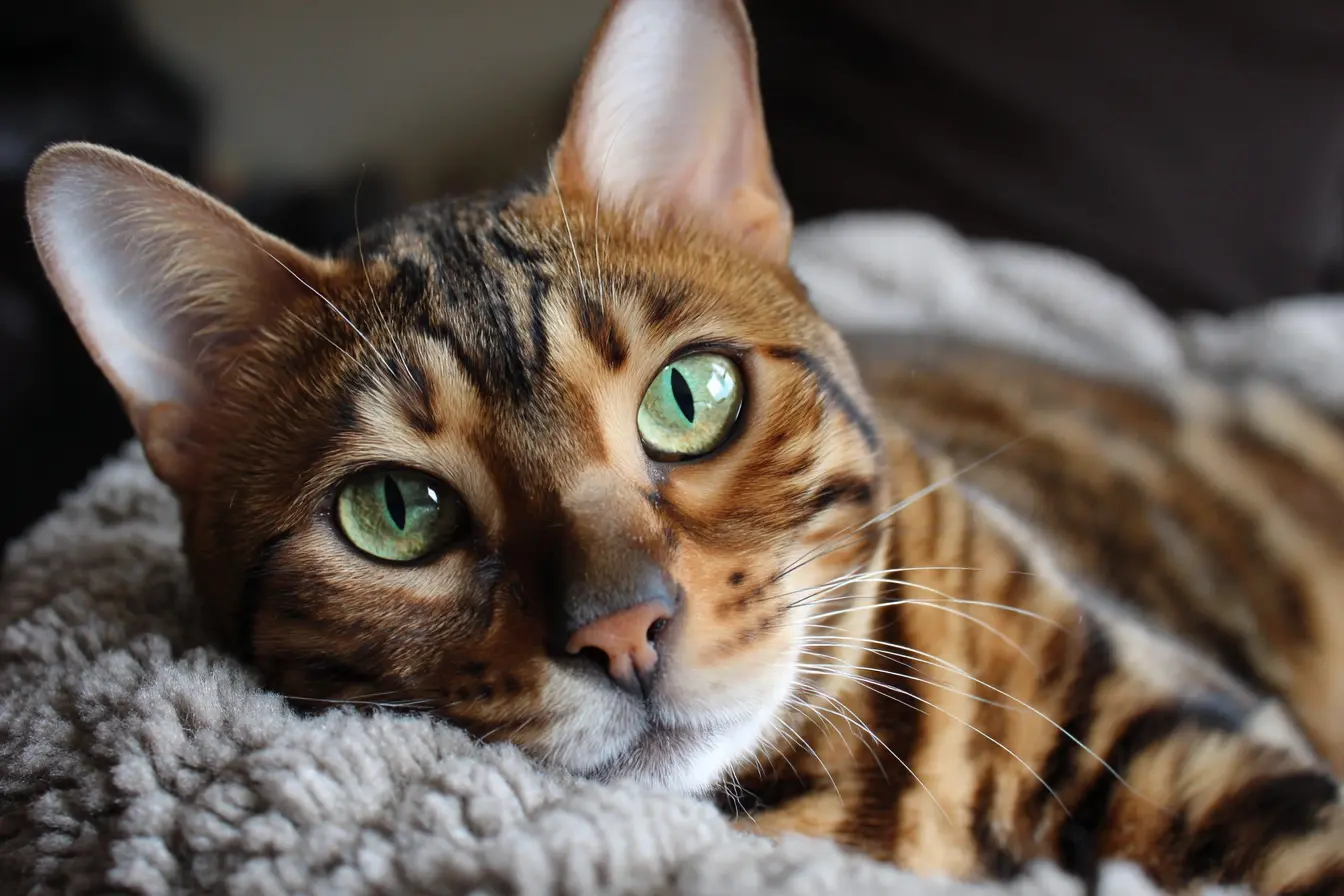
The best cats for allergy sufferers
For many animal lovers, cat allergies can be a frustrating barrier to the joy of pet ownership. Sneezing, watery eyes, and itchy skin can all make life with a feline friend uncomfortable — or seemingly impossible. Fortunately, while no cat is truly hypoallergenic, some breeds produce fewer allergens than others, making them more tolerable for sensitive individuals.
In this guide, we'll explore the best cats for allergy sufferers, what causes allergies in the first place, and how to manage symptoms so you can enjoy life with your whiskered companion.
What causes cat allergies
The primary culprit in cat allergies is a protein called Fel d 1, which is found in cats' saliva, skin, and dander. When cats groom themselves, the protein is deposited on their fur and skin, later becoming airborne or transferred to furniture and clothing.
People with allergies react to this protein — not the fur itself — which is why even hairless cats can trigger symptoms.
Best cat breeds for allergy sufferers
While no breed is completely allergen-free, the following cats are known to produce lower levels of Fel d 1 or have qualities that may make them more manageable for allergy-prone owners.
Siberian
Despite their thick, luxurious coats, Siberians are known to produce less Fel d 1 than many other breeds. Many allergy sufferers report mild or no reactions around them. Their calm temperament is a bonus for those seeking a gentle companion.
Balinese
Often nicknamed the long-haired Siamese, Balinese cats surprisingly produce lower levels of allergens, making them one of the most suitable long-haired breeds for allergy sufferers.
Oriental Shorthair
With their short coat and minimal shedding, Oriental Shorthairs may help reduce allergen spread around the home. Their active, affectionate personalities also make them wonderful companions.
Russian Blue
This elegant breed produces lower levels of Fel d 1, and their dense, plush coat traps allergens close to the body, reducing airborne dander. They're also generally clean and low-shedding.
Bengal
Bengals have a sleek, fine coat that requires less grooming, which may mean fewer allergens released into the environment. Their energetic and playful nature makes them a fun addition to the home.
Devon Rex
With their very short, curly coat and low shedding, Devon Rex cats produce less dander. Their playful, affectionate personality suits those looking for a social and cuddly cat.
Cornish Rex
Similar to the Devon Rex but with an even finer coat, the Cornish Rex lacks both guard hairs and an undercoat, which significantly reduces shedding and dander.
Sphynx
Though hairless, the Sphynx requires frequent bathing to remove oils and allergens from the skin. They don’t shed, making them a good option if you're willing to commit to their skincare routine.
Tips for managing cat allergies
Even with a low-allergen breed, some precautions can help reduce symptoms:
- Regular grooming: Brush your cat and bathe them (if the breed tolerates it) to reduce dander.
- Clean often: Use a vacuum with a HEPA filter, clean upholstery, and wash bedding regularly.
- Air purifiers: Use HEPA air filters to trap airborne allergens.
- Create cat-free zones: Keep the bedroom off-limits to minimise overnight exposure.
- Wash hands after petting or playing with your cat.
Should you get allergy tested
Before bringing a cat home, consider consulting an allergist to:
- Confirm the source of your symptoms
- Discuss desensitisation options (allergy shots)
- Explore medications that may help control reactions
You may also want to visit breeders or shelters to spend time with specific breeds and observe your response in a controlled setting.
Conclusion
Living with cat allergies doesn’t necessarily mean living without cats. With the right breed and a few thoughtful adjustments to your environment, many allergy sufferers can enjoy a fulfilling life with a feline friend.
If you're willing to make some lifestyle changes and choose your companion carefully, one of these allergy-friendly breeds could be the perfect addition to your home. Always spend time with a cat before adopting to ensure you’re comfortable — and remember, pet ownership is a long-term commitment best made with care and consideration.
Vets near you
Speciality vets
- Aquatics vet specialists
- Birds vet specialists
- Camelids vet specialists
- Cats vet specialists
- Cattle vet specialists
- Deer vet specialists
- Dogs vet specialists
- Equines vet specialists
- Exotic vet specialists
- Goats vet specialists
- Pigs vet specialists
- Poultry vet specialists
- Sheep vet specialists
- Small Mammals vet specialists
- Wild vet specialists
Vet facilities
- Accessible by public transport
- Blood testing
- Car park nearby
- Client car park
- Dentistry
- Diagnostic imaging
- Disabled public access
- Flea and worm treatments
- Microchipping
- Mobile services
- Neutering
- Open at weekends
- Out-of-hours service
- Referral interests
- Referrals only
- Street parking outside
- Toilets available
- Vaccinations



